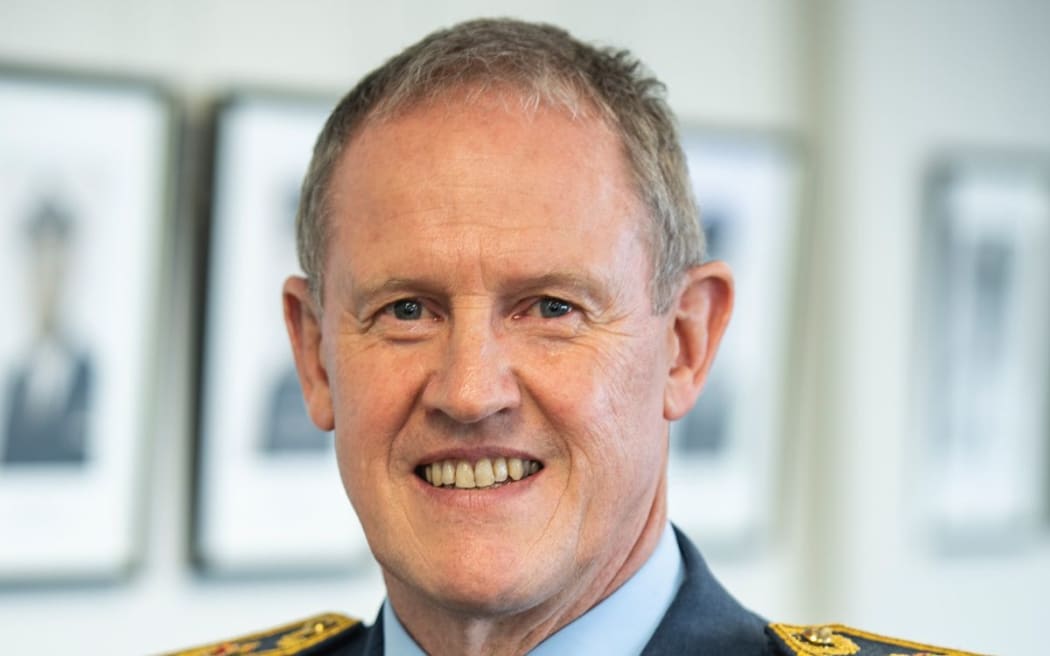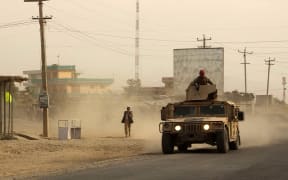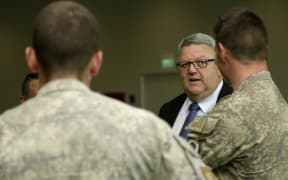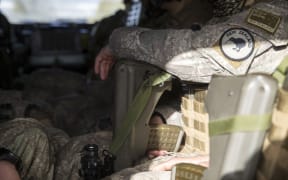The Defence Force has abandoned its strict rules preventing Kiwi soldiers in Iraq from being identified, as the threat of the terrorist group Islamic State wanes

New Defence Force chief Air Vice-Marshal Kevin Short. Photo: Supplied / New Zealand Defence Force
Since New Zealand's deployment began in May 2015, restrictions have prevented journalists from naming or publishing photographs of any soldiers involved.
The policy was introduced to prevent Islamic State (IS) militants from tracking down personal information about New Zealand troops.
But a Defence Force (NZDF) briefing note, released under the Official Information Act, shows that's no longer a concern.
In the document, NZDF chief Air Vice-Marshal Kevin Short said he had scrapped the policy on the advice of intelligence officials.
The officials thought it was now "unlikely" that IS fighters or sympathisers would target soldiers because their identities had been disclosed, he said.
In a separate statement, an NZDF spokesperson said the change brought NZ into line with the policy of Australia and other coalition nations.
In one of the first demonstrations of the new guidelines, the Defence Force in September released photos and video of some NZ soldiers in Iraq celebrating Father's Day.
NEWS || @NZArmy soldiers serving in Iraq will be relying on technology to connect with their families on Father’s Day tomorrow. #Force4Good #NZArmyhttps://t.co/NEV0FCVJHN
— NZ Defence Force (@NZDefenceForce) September 1, 2018
Among those named were Staff Sergeant James Kirkland, Operations Officer Captain James Brosnan and Lieutenant Roger Baxter.
The government recently extended NZ's deployment in Iraq until June 2019. The commitment is to be reviewed again early next year.
About 140 NZDF personnel are involved in the training mission, based in Taji Camp, falling to roughly 120 next month.
Iraq's government declared a final and complete victory over Islamic State in December last year.
In 2015, IS militants posted a "kill list" on social media, targeting more than 1400 people, including one New Zealander.
The jihadist group claimed its hackers had accessed US military and government emails and published people's names, phone numbers and credit card details.





